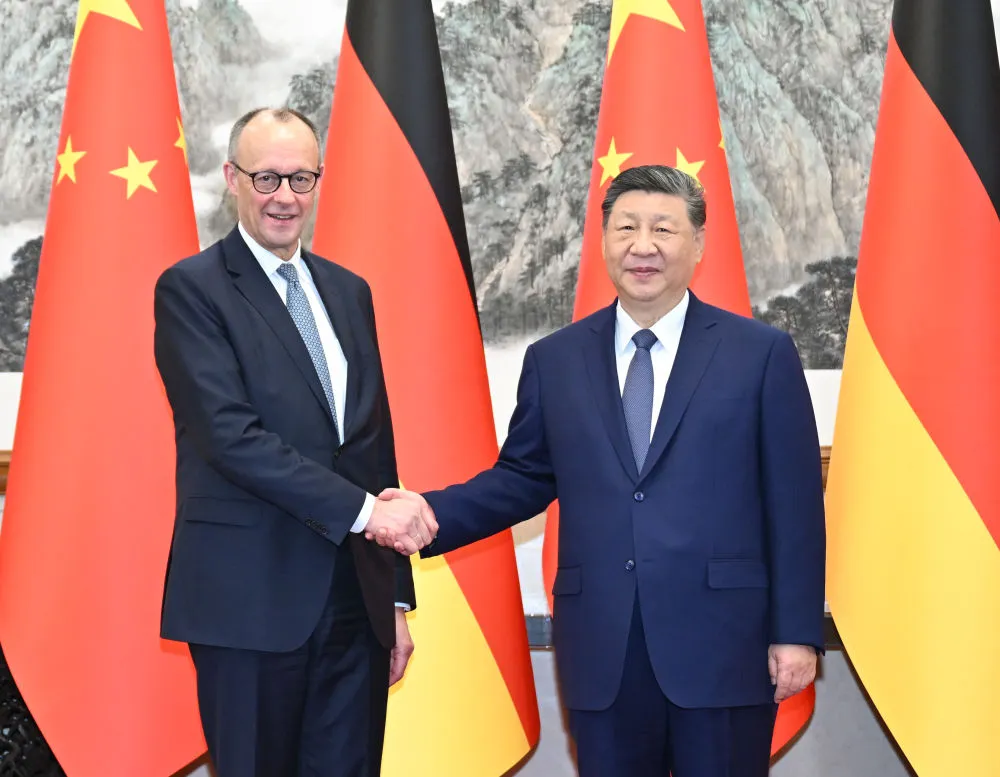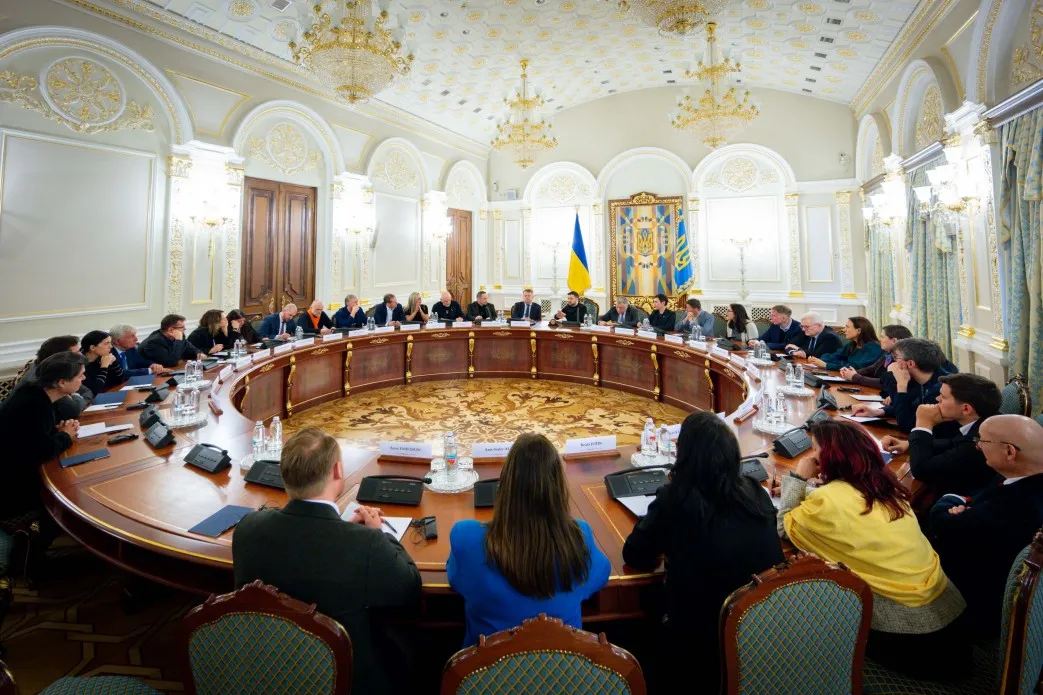The sixth European Silk Road Summit, held by the Rail Freight organization in Duisburg on Dec. 7-8 was attended by about 150 logistics officials, university experts and media (including EIR). Already in the first panel, Wen Zhang, managing Director, CRCT European Logistics, explicitly mentioned the Beijing visit of Chancellor Olaf Scholz as strategically important because it underlined the role of cooperation between Germany and China as an anchor of stability in Eurasian relations.
As for the significant disruption that rail freight on the New Silk Road has suffered, the Ukraine war and the Western sanctions, but also the energy price inflation and the late effects of the two pandemic years were pointed to as central factors. Whereas in 2021, China delivered 70% of its rail freight to Europe and only 20% to Russia, the situation is inverted now, with 20% of Chinese rail destined for Europe, and 70% sent to Russia.



